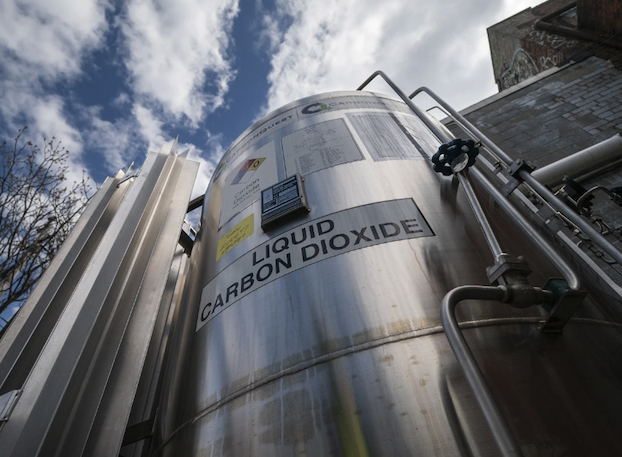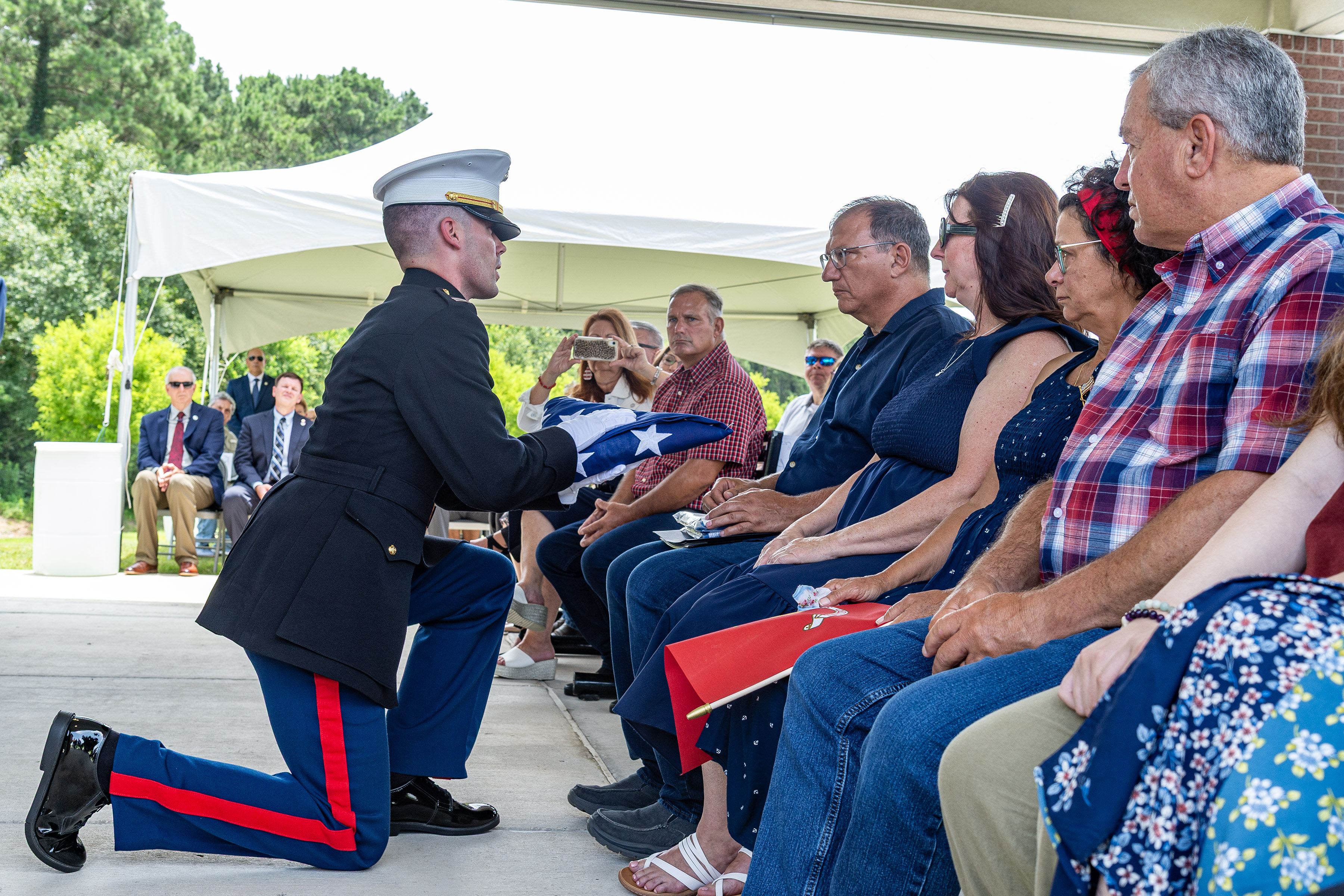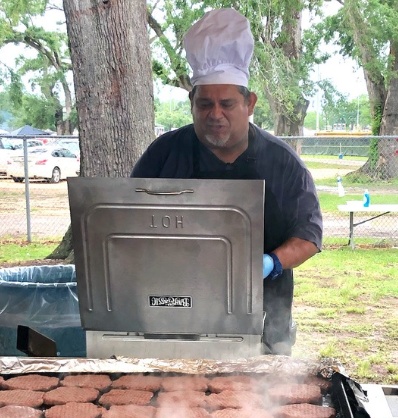Allen Parish considering carbon capture regulations
Published 9:31 am Wednesday, May 7, 2025

- A liquid carbon dioxide containment unit stands outside the fabrication building of Glenwood Mason Supply Company in 2023, in the Brooklyn borough of New York. New York is forcing buildings to clean up, and several are experimenting with capturing carbon dioxide, cooling it into a liquid and mixing it into concrete where it turns into a mineral. (Associated Press)
The Allen Parish Police Jury is considering a number of ordinances that could have a substantial impact on carbon capture and sequestration projects within the parish.
During its meeting Monday, the police jury presented an ordinance to permit or authorize injection wells, along with guidelines for related pipeline installations.
Following an almost hour-long discussion, the police jury unanimously approved an ordinance establishing guidelines for injection well permitting and regulations. The decision was made with the understanding that it might lead to legal challenges.
The ordinance’s final approval is dependent on an expedited ruling from the attorney general regarding its legality. The ordinance can be amended at a later date if necessary.
“If we’re going to do this, we want it done before the Class VI (permit) is issued,” Police Jury Adam Hussong said.
Currently no Class VI permits have been issued in Allen Parish. However, ExxonMobil has two Class V permit applications pending for test wells to inject non-hazardous fluids underground. The company has also initiated the application process for a more rigorous Class VI well for carbon dioxide sequestration, which involved the long-term underground storage of CO2 to reduce emissions.
Police Juror Roland Hollins said adopting the ordinance would convey a strong message, despite potentially exposing the parish to lawsuits. Hollins said the parish has lacked regulations for too long.
“One of the reasons they (CO2 companies) picked Allen Parish is because we have no ordinances or zoning and we are going to keep getting taken advantage of, but you have to be careful because you don’t regulate your locals,” Hollins said. “But I think it’s time that we really have to look at some of this stuff.”
Hollins said the ordinance is intended to regulate drilling within the parish.
Keith Guillory, representing the We The People coalition stressed the importance of clearly stating the community’s expectations. He urged police jurors to “stand up and have a backbone for the people they represent” by enacting the ordinance.
“We want y’all to stand up and have a backbone and go ahead with this,” Guilllory said. “If the attorney general says you can’t do it, withdraw it. If they threaten a lawsuit and y’all are worried about a $500,000 lawsuit, back off, but what’s stopping y’all from being firm and making a firm statement that all of these people expect and want?
District Attorney Joe Green noted that the assistant secretary of the Office of Conservation and the Department of Energy and Natural Resources currently have the authority to permit and authorize injection wells at the state level, and the relevant regulations are already in place.
He clarified that local entities cannot regulate areas of law that the state already jurisdiction over. He stated that the state has a vested interest in regulating the industry , suggesting that any local attempts to do so could lead to legal action.
He acknowledged the uncertainty of court decisions in such matters, mentioning past cases where local regulations, like a one-mile setback different from the commissioner’s order, resulted in a lawsuit. He also mentioned a case that incurred $500,000 in attorney fees.
The most recent case he cited was in 2022, where a company sued the Livingston Parish government. In that instance, the parish tried to implement a moratorium to prevent injection wells. However, the company successfully overturned both the moratorium and the resulting litigation. The court determined the parish was intervening in an area under state jurisdiction, he said.
Green also gave examples of case law involving Class II wells where local authorities tried to impose setback requirements. In those cases, the companies successfully challenged and overturned local restrictions, as well as moratoriums.
Another overturned case involved a city’s attempt to restrict oil and gas drilling within 1,000 feet of a lake, which ultimately was deemed a matter of state preemption. He also referenced a case regarding the conversion of an existing oil and gas well, already permitted by the commissioner, into a commercial saltwater disposal facility.
Green noted there are several measures with potential impacts on state laws governing CO2 projects are currently pending in the state Legislature. Many of the measures have been defeated or deferred and might resurface in revised form.
Administrative rules for Class VI wells are relatively new, he said.
Jeff Davis Parish Police Juror Byron Buller shared a copy of the parish’s ordinance establishing regulations for pipelines and utility lines for Allen Parish to consider. The ordinance includes requirements for permits and road bonds to cover any damages to parish roads.





